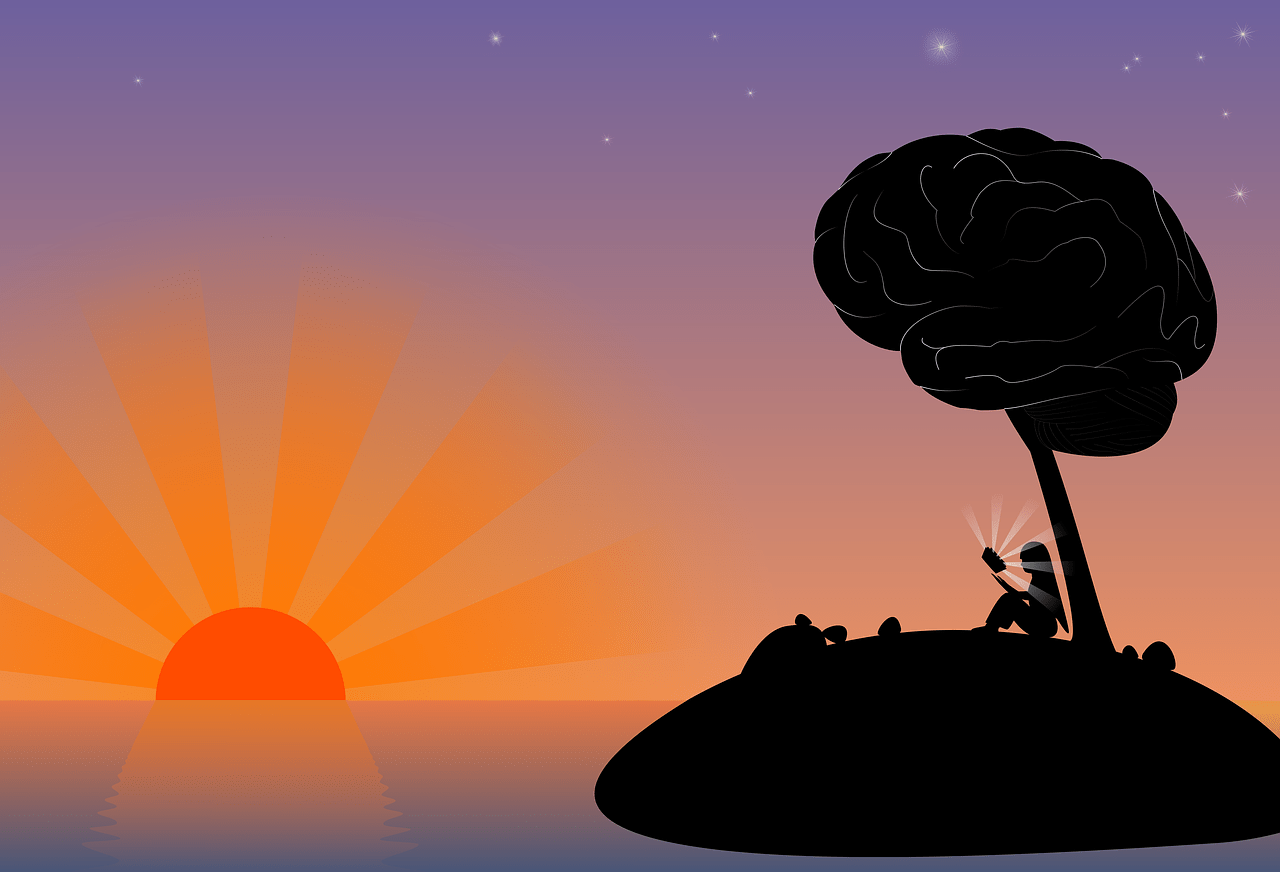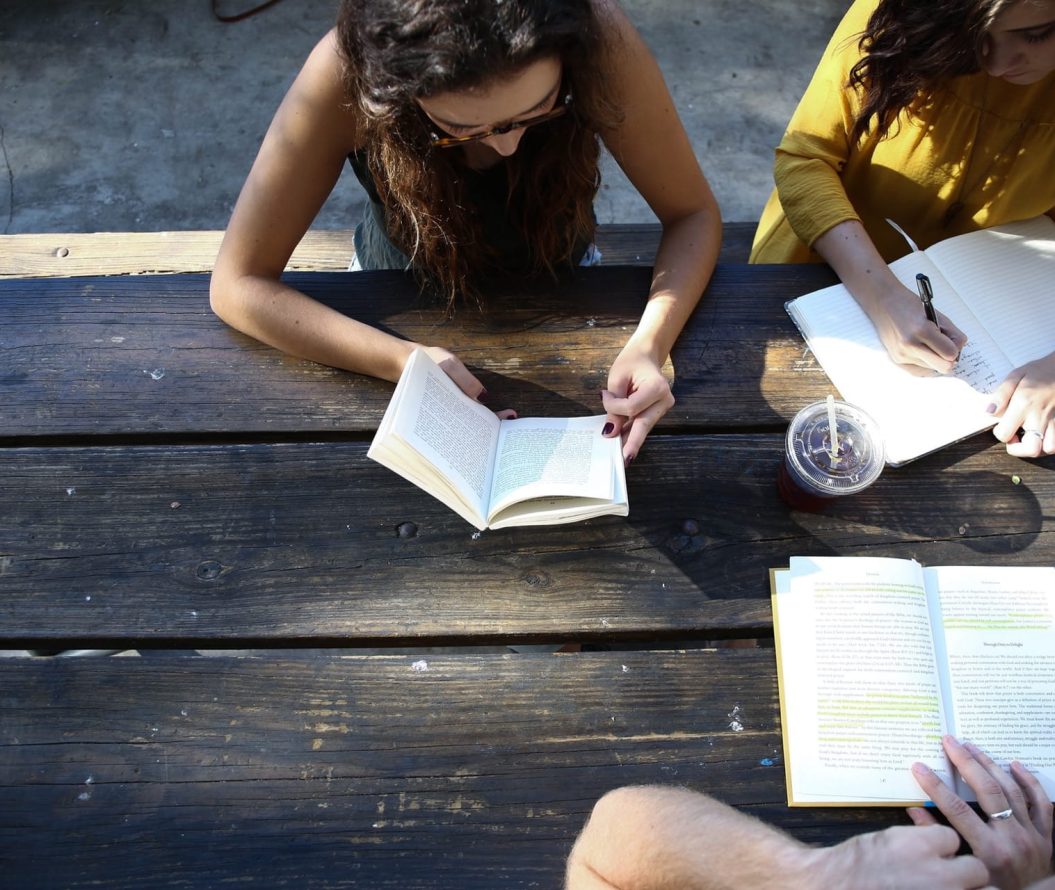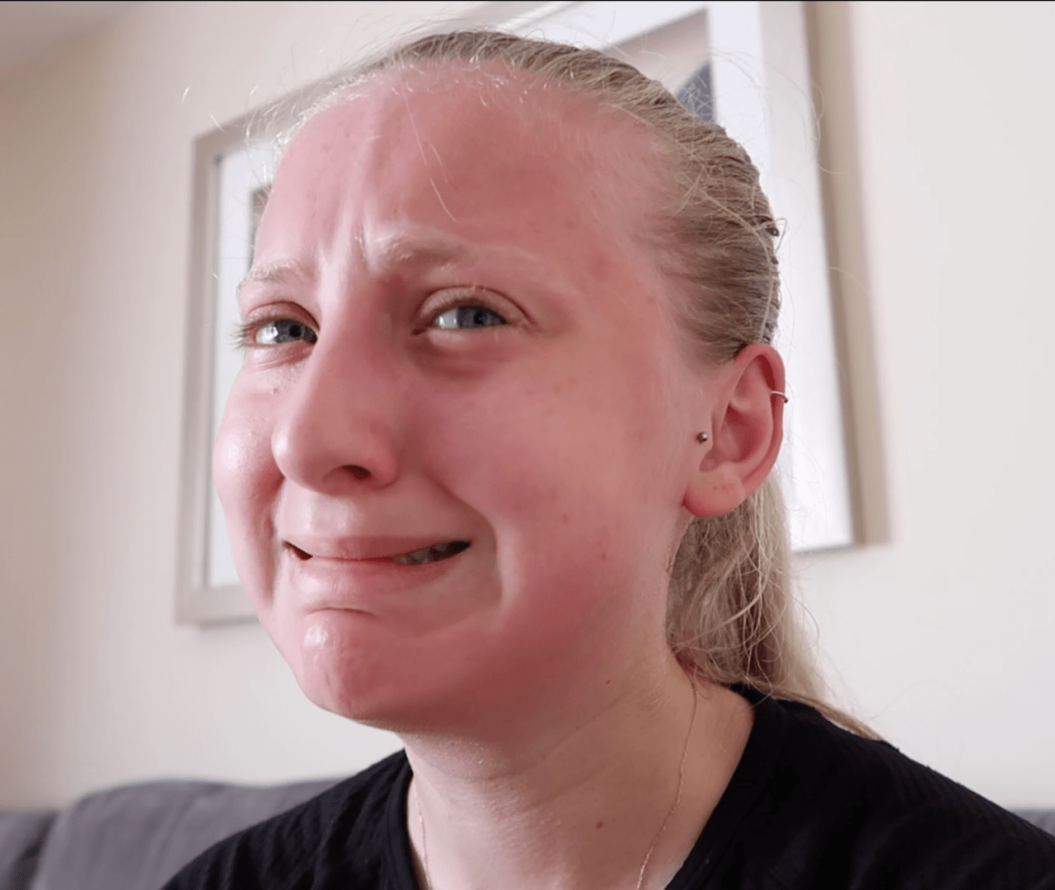MA in Journalism student, previously studied psychology. Works in mental health, responsible for people's recovery when in mental health crisis. Loves dachshunds and enjoys yoga.

Challenging Thoughts
May 5, 2020,
read.
This article is more than 3 years old
Uncertainty about future events can bring us worries. Whether it is life after graduation, dealing with deadlines or relationships. Challenging our own thoughts can change the way we deal with difficult situations and improve our self-esteem.
Our thoughts are reflection of our feelings. Powerful emotions such as anxiety, anger, sadness or frustration create thoughts that do not help us deal effectively with everyday situations. These are called automatic thoughts. For example a strong feeling of anxiety can make us think that we will struggle to find a job or do well in our assignments. Examples of unhelpful thinking patterns are predicting the future in a negative way or having doubts about our abilities.
Challenging thoughts is not about replacing our negative thinking with positive thinking. Challenging thoughts is about recognising the thoughts that are unhelpful and acknowledging that we are able to look at these thoughts from a different perspective. Allowing ourselves to have a different point of view shows us the relationship between thoughts and feelings. It makes us realise that we often don’t base our thoughts on facts and we are not using our rational mind.
Understanding our feelings and getting to know ourselves is a way of challenging thoughts. It is to ask ourselves questions. Not all thoughts should be challenged. We should challenge the thoughts which we recognised as unhelpful ones. Some questions we can ask ourselves to challenge a thought are:
- If I wasn’t feeling that way how would I think about it?
- Do I know that this thought is true or am I just feeling this way?
- What would my friend tell me now?
- Why am I thinking this way? Have I experienced anything in the past to make me feel/think this way?
- If so, am I right to believe it is true? What facts have I got?
- Have I dealt effectively with unwanted feelings in the past?
- What did I do last time when I felt this way?
- What are other ways to think about it?
These example questions can make a good start and encourage you to think of other questions you can ask yourself. We are all different and it is a personal experience. It is important to be flexible and find ways that work for you best.
Once we challenged a thought we can try to replace it with something more rationale. For example we recognised that our doubts about the future are based on our feelings of anxiety or sadness. We realised that our worries are not based on facts. We can now start to think that we are in control and we can plan what tasks we need to complete to feel more confident about upcoming events.
A famous quote from Nelson Mandela says ‘may your choices reflect your hopes not your fears’. Being a student is a beautiful and eventful journey, however, it comes with many challenges. When we believe that we are able to do well, we feel calmer about the future and take the right steps towards achieving our goals.
Be kind to yourself and keep it real!
- Topics
- Advice
- Feelings
- Mental health




